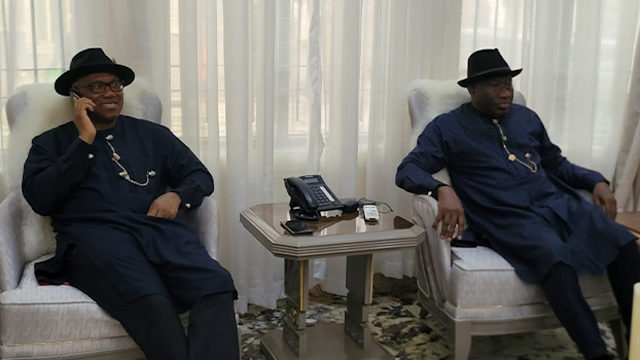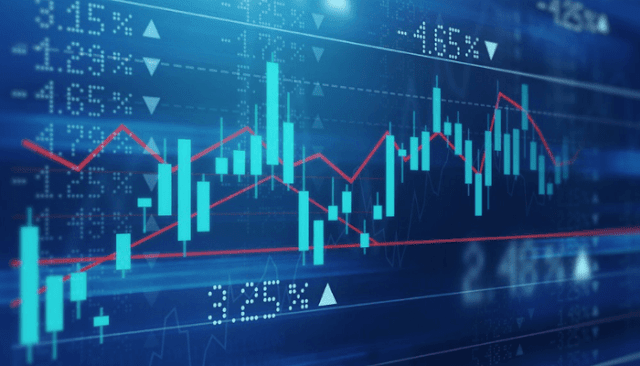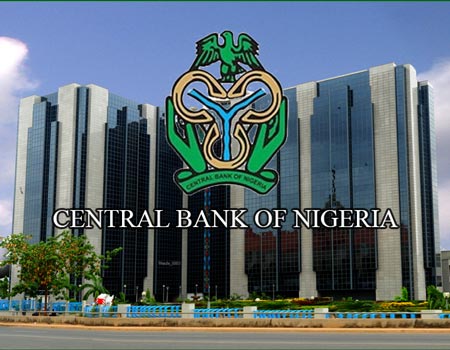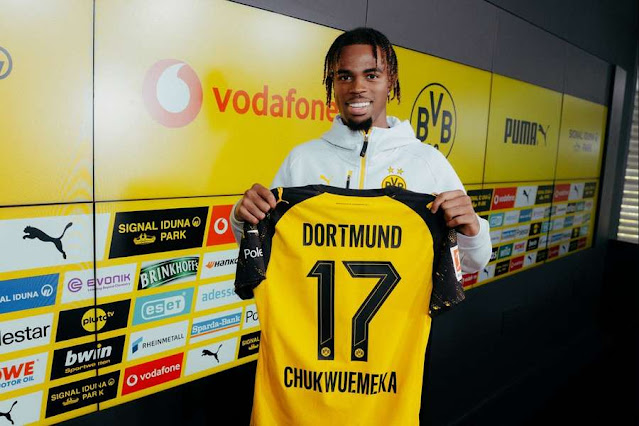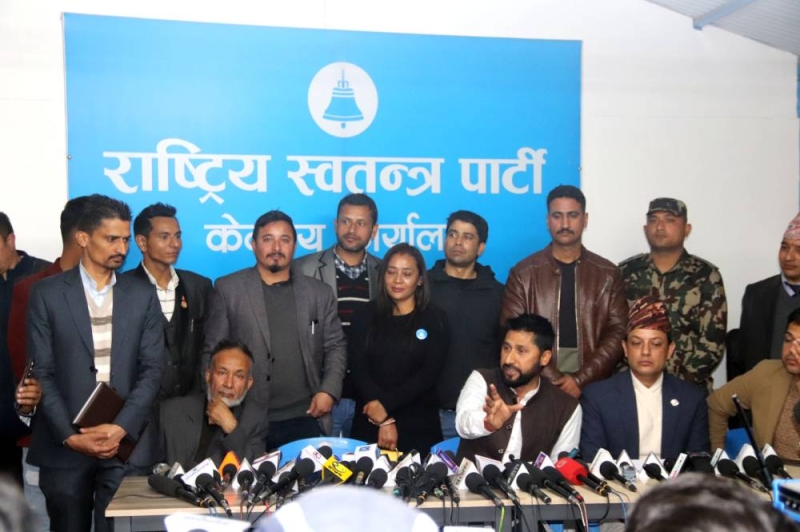In a bold and calculated move to reclaim political dominance in Nigeria ahead of the 2027 general elections, Senate Minority Leader Abba Moro has hinted at the possibility of former President Goodluck Jonathan and Labour Party’s Peter Obi returning to the Peoples Democratic Party (PDP). Speaking during an interview on Channels Television’s Politics Today on Tuesday, August 26, 2025, Moro revealed that high-level discussions are underway with both political heavyweights as part of the PDP’s broader strategy to wrest power from the ruling All Progressives Congress (APC). The announcement has sparked intense speculation about the future of Nigeria’s political landscape, as the opposition seeks to consolidate its forces in what promises to be a fiercely competitive electoral battle.
Moro’s remarks come at a time when the PDP is intensifying efforts to reposition itself as a formidable force capable of challenging the APC’s grip on power. With less than two years until the 2027 elections, the party is pulling out all the stops to unite its ranks, attract defectors, and appeal to Nigeria’s diverse electorate. The potential return of Jonathan and Obi—two figures with significant national appeal—could reshape the PDP’s fortunes and alter the dynamics of the upcoming presidential race. This article delves into the implications of Moro’s statements, the political histories of Jonathan and Obi, the PDP’s strategic calculations, and the broader context of Nigeria’s evolving political landscape.
The PDP’s Quest for Redemption
The PDP, once Nigeria’s dominant political party, ruled the country for 16 uninterrupted years from 1999 to 2015. During this period, it produced three presidents: Olusegun Obasanjo, Umaru Musa Yar’Adua, and Goodluck Jonathan. However, the party’s fortunes took a dramatic turn in 2015 when it lost the presidency to Muhammadu Buhari of the APC, marking a historic defeat for an incumbent Nigerian president. Since then, the PDP has struggled to regain its footing, grappling with internal divisions, defections, and electoral setbacks.
The 2023 general elections further exposed the PDP’s vulnerabilities. The party’s presidential candidate, Atiku Abubakar, finished second behind Bola Tinubu of the APC, but the defection of Peter Obi to the Labour Party and the emergence of his vibrant “Obidient” movement siphoned off significant support from the PDP, particularly among younger voters. The result was a fragmented opposition that failed to dislodge the APC. With 2027 looming, the PDP is acutely aware that it cannot afford another divided front. Moro’s revelation about outreach to Jonathan and Obi signals a deliberate effort to consolidate the opposition and present a united challenge to the ruling party.
Goodluck Jonathan: A Possible Comeback?
Goodluck Jonathan’s political journey is one of Nigeria’s most remarkable. Rising from deputy governor of Bayelsa State to governor, vice president, and eventually president, Jonathan’s ascent was meteoric. He assumed the presidency in 2010 following the death of President Umaru Musa Yar’Adua and won a full term in 2011. His administration was credited with significant achievements, including economic reforms and infrastructure development, but it was also plagued by allegations of corruption, insecurity, and economic mismanagement.
In 2015, Jonathan made history as the first sitting Nigerian president to lose a re-election bid, conceding defeat to Muhammadu Buhari in a move widely praised for its democratic maturity. Since leaving office, Jonathan has maintained a relatively low political profile, focusing on international diplomacy and peacebuilding initiatives. His role as a global statesman, including his work with the Economic Community of West African States (ECOWAS) and other international organizations, has kept him in the public eye, albeit outside the rough-and-tumble of Nigerian politics.
Despite his absence from active partisan politics, Jonathan remains a polarizing yet respected figure. His loyalists within the PDP have consistently called for his return, citing his experience, national appeal, and ability to unify the party’s factions. Moro’s comments on Politics Today suggest that these calls are gaining traction. “Some persons are talking to the former president to come and run. It is a possibility,” Moro said, hinting at behind-the-scenes negotiations aimed at luring Jonathan back to the PDP fold.
The prospect of Jonathan’s return raises several questions. At 67 years old in 2025, he would be 69 by the time of the 2027 elections—still within the age range of recent Nigerian presidents but potentially a point of contention in a country with a youthful population demanding fresh leadership. Additionally, the Nigerian Constitution allows a president to serve only two terms, whether consecutive or non-consecutive. Since Jonathan served only one full term (2011–2015), he is constitutionally eligible to run again, a fact that fuels speculation about his potential candidacy.
However, Jonathan’s return would not be without challenges. His presidency was marred by controversies, including the handling of the Boko Haram insurgency and allegations of widespread corruption, which the APC exploited to great effect in 2015. Critics argue that his return could reopen old wounds and provide ammunition for the APC to paint the PDP as a party recycling old ideas. On the other hand, Jonathan’s supporters view him as a unifying figure who could bridge the PDP’s regional and factional divides, particularly given his southern roots and appeal to voters in the South-South and South-East regions.
Peter Obi: The Obidient Movement and the PDP’s Courtship
Peter Obi’s political trajectory is equally compelling. A successful businessman before entering politics, Obi served two terms as governor of Anambra State (2006–2014), earning a reputation for prudence, infrastructure development, and education reform. As the PDP’s vice-presidential candidate in 2019, alongside Atiku Abubakar, Obi brought a fresh perspective to the party, appealing to voters disillusioned with the status quo. However, internal wrangling within the PDP and dissatisfaction with its leadership prompted Obi to defect to the Labour Party in 2022, a move that sent shockwaves through Nigeria’s political establishment.
Obi’s 2023 presidential campaign under the Labour Party was nothing short of a phenomenon. His message of economic reform, good governance, and youth empowerment resonated deeply with Nigeria’s urban, tech-savvy youth, who formed the backbone of the “Obidient” movement. Despite finishing third behind Tinubu and Atiku, Obi’s performance was remarkable for a candidate running on a relatively small party platform. He secured significant votes in urban centers and the South-East, demonstrating his ability to mobilize a new generation of voters.
Since the 2023 elections, Obi has remained a prominent figure in Nigeria’s opposition politics. His recent alignment with the African Democratic Congress (ADC) coalition and his expressed interest in another presidential bid have kept him in the spotlight. However, his party affiliation for 2027 remains uncertain, making Moro’s comments about discussions with Obi particularly significant.
“So, in the run-up to 2027, I am aware certain individuals have been talking to Peter Obi, ‘Hey, come back home, this is what we are likely to do, and if you come, you stand a chance of being the candidate’,” Moro said on Politics Today. This statement suggests that the PDP sees Obi as a critical asset in its bid to recapture power. Obi’s ability to galvanize young voters and his appeal in the South-East, a region where the PDP has historically performed well, make him an attractive candidate. Moreover, his departure from the PDP in 2022 was not marked by irreconcilable differences, leaving the door open for a potential return.
However, convincing Obi to rejoin the PDP will not be straightforward. His decision to leave the party was driven by frustration with its internal politics, including the controversial presidential primary that saw Atiku Abubakar emerge as the candidate. Obi’s supporters, many of whom are fiercely loyal to him rather than any party, may view a return to the PDP as a betrayal of the ideals that fueled his 2023 campaign. Additionally, Obi’s growing influence within the broader opposition, including his ties to the ADC, gives him leverage to negotiate favorable terms should he consider returning to the PDP.
The PDP’s Southern Strategy
The PDP’s recent decision to zone its 2027 presidential ticket to the South is a pivotal factor shaping its outreach to Jonathan and Obi. Zoning, a long-standing practice in Nigerian politics, aims to ensure regional balance in the distribution of political power. The APC’s Tinubu, a southerner from the South-West, is expected to seek re-election in 2027, which could complicate the PDP’s strategy. By zoning its ticket to the South, the PDP aims to counter the APC’s regional advantage while appealing to southern voters who may feel underrepresented after years of northern-dominated presidencies.
The zoning decision also reflects the PDP’s recognition of the need to consolidate its southern base, particularly in the South-South and South-East, where Jonathan and Obi have strong followings. Jonathan, a native of Bayelsa State in the South-South, and Obi, from Anambra State in the South-East, represent two of Nigeria’s most politically significant regions. Their return to the PDP could create a formidable southern alliance capable of challenging the APC’s dominance in the South-West and parts of the North.
However, the zoning decision is not without risks. The PDP’s northern members, including Atiku Abubakar, who has expressed interest in running again in 2027, may feel sidelined by the party’s focus on the South. Managing these internal tensions will be critical to maintaining party unity and avoiding the defections that plagued the PDP in 2023.
The Broader Political Context
Nigeria’s political landscape in 2025 is marked by growing discontent with the APC’s governance. Rising inflation, insecurity, and unemployment have fueled public frustration, creating an opportunity for the opposition to capitalize on anti-incumbency sentiment. The PDP’s outreach to Jonathan and Obi is part of a broader strategy to present a credible alternative to the APC, one that combines experience, regional appeal, and youth mobilization.
The opposition’s challenge, however, lies in its fragmentation. The Labour Party, ADC, and other smaller parties have emerged as significant players, particularly among younger voters and in urban areas. The PDP’s ability to forge alliances with these parties, or to bring figures like Obi back into its fold, will determine its success in 2027. Moro’s comments suggest that the PDP is acutely aware of this dynamic and is actively working to consolidate the opposition.
Challenges and Opportunities
The potential return of Jonathan and Obi to the PDP presents both opportunities and challenges. On the one hand, their inclusion could energize the party’s base, attract new voters, and project an image of unity and renewal. Jonathan’s experience and Obi’s youth appeal could create a powerful ticket capable of challenging Tinubu’s re-election bid. On the other hand, reintegrating two high-profile figures with their own loyal followings will require deft political maneuvering. The PDP must navigate internal rivalries, regional dynamics, and the expectations of its diverse membership to avoid alienating key stakeholders.
Moreover, the APC is unlikely to sit idly by as the PDP strengthens its position. The ruling party has a well-oiled political machine and significant resources at its disposal. Tinubu, a seasoned politician with a strong base in the South-West, will leverage his incumbency to consolidate power and counter the PDP’s advances. The APC may also exploit any missteps by the PDP, such as internal divisions or controversies surrounding Jonathan and Obi’s past records.
Conclusion
As Nigeria approaches the 2027 general elections, the PDP’s outreach to Goodluck Jonathan and Peter Obi represents a bold gamble to reclaim power. Senate Minority Leader Abba Moro’s revelation about ongoing discussions with both men underscores the party’s determination to unite its ranks and present a formidable challenge to the APC. Jonathan’s experience and regional appeal, combined with Obi’s ability to mobilize young voters, could make the PDP a force to be reckoned with. However, the road to 2027 is fraught with challenges, from internal party dynamics to the broader complexities of Nigeria’s political landscape. Whether the PDP can successfully bring Jonathan and Obi back into its fold—and whether their return will translate into electoral success—remains to be seen. For now, Moro’s comments have set the stage for a high-stakes political drama that will shape Nigeria’s future.


